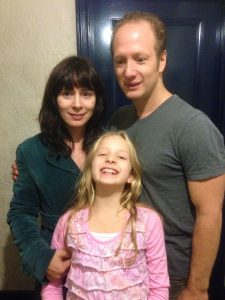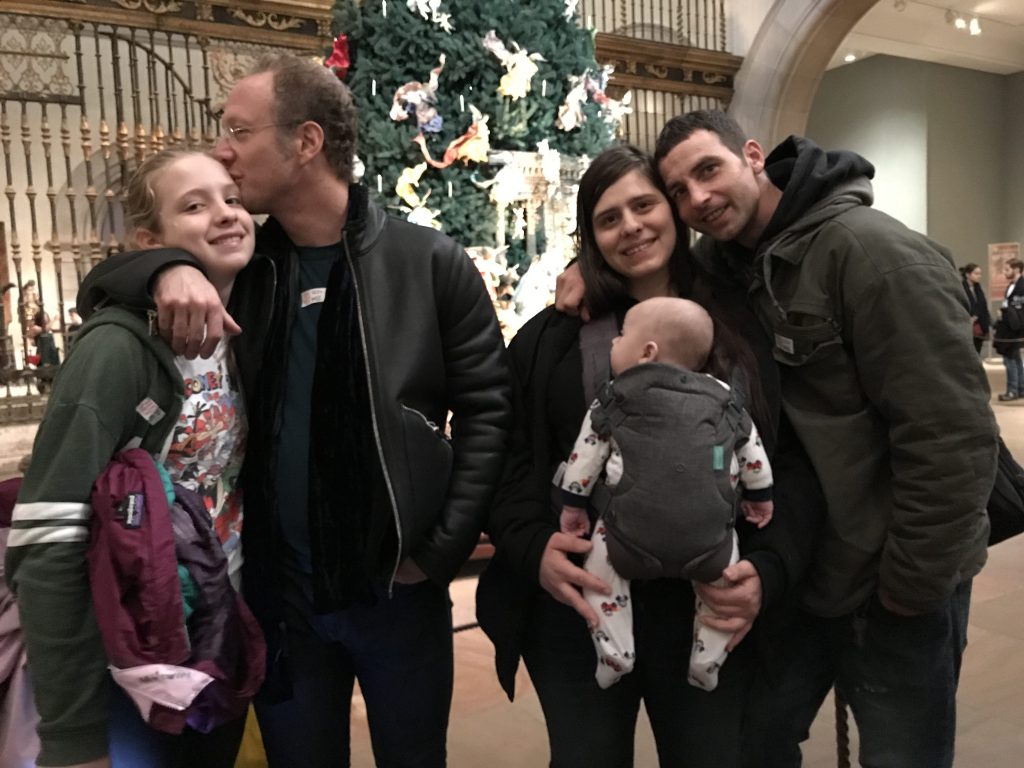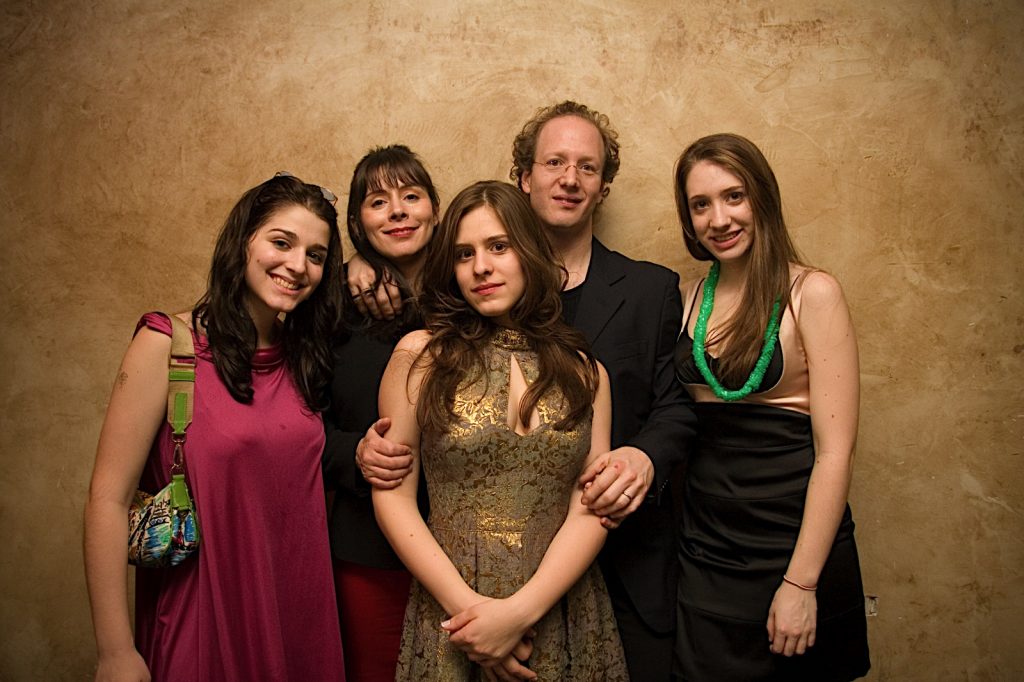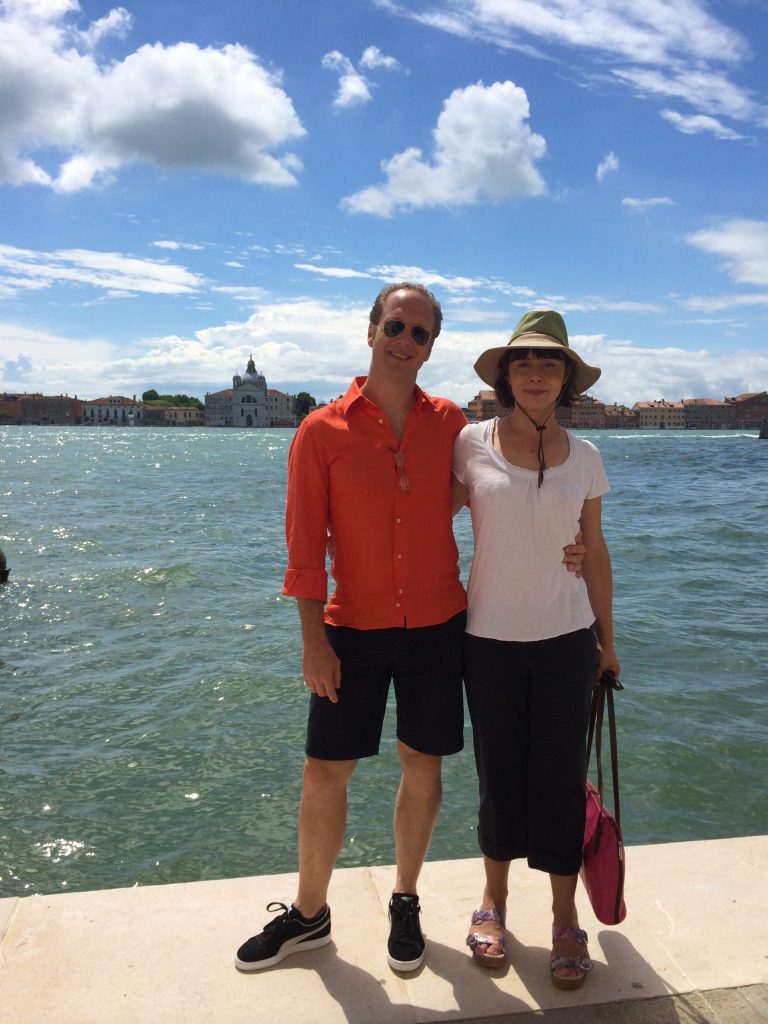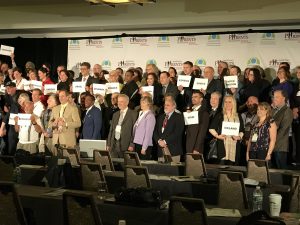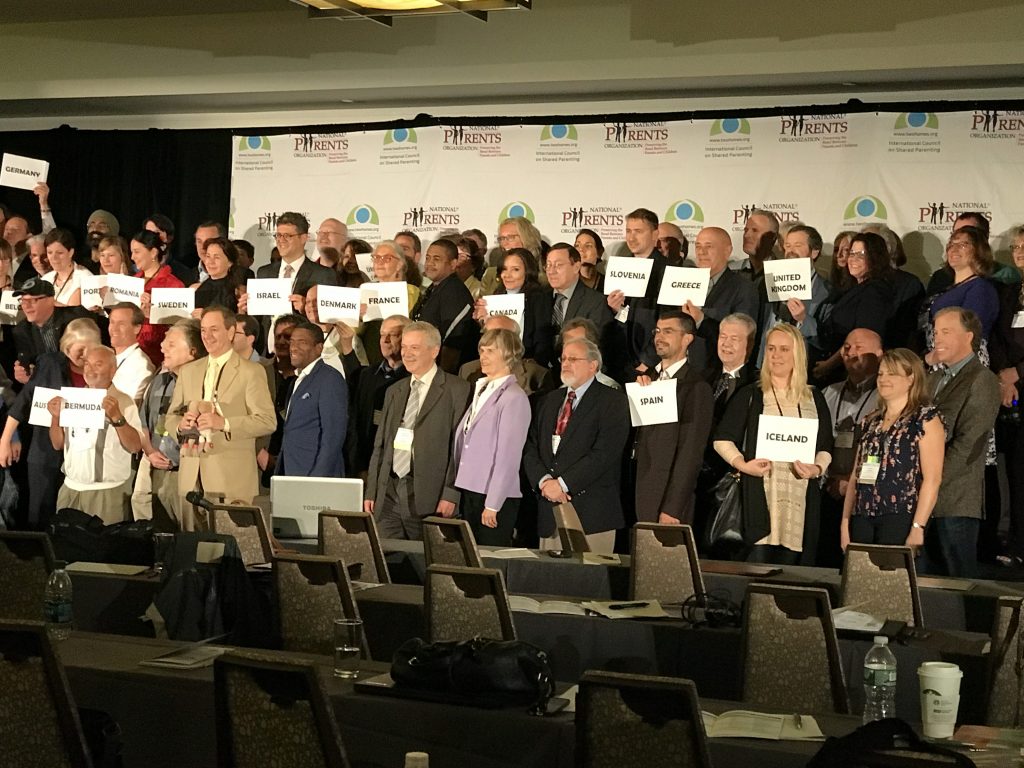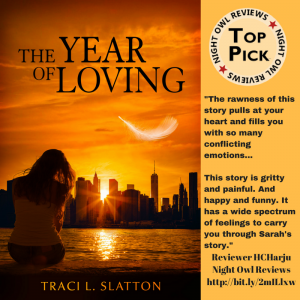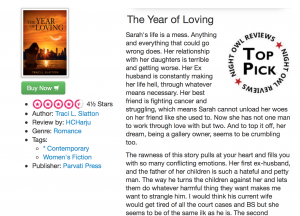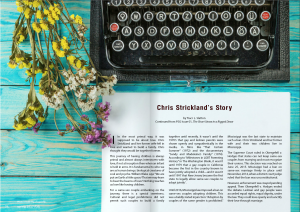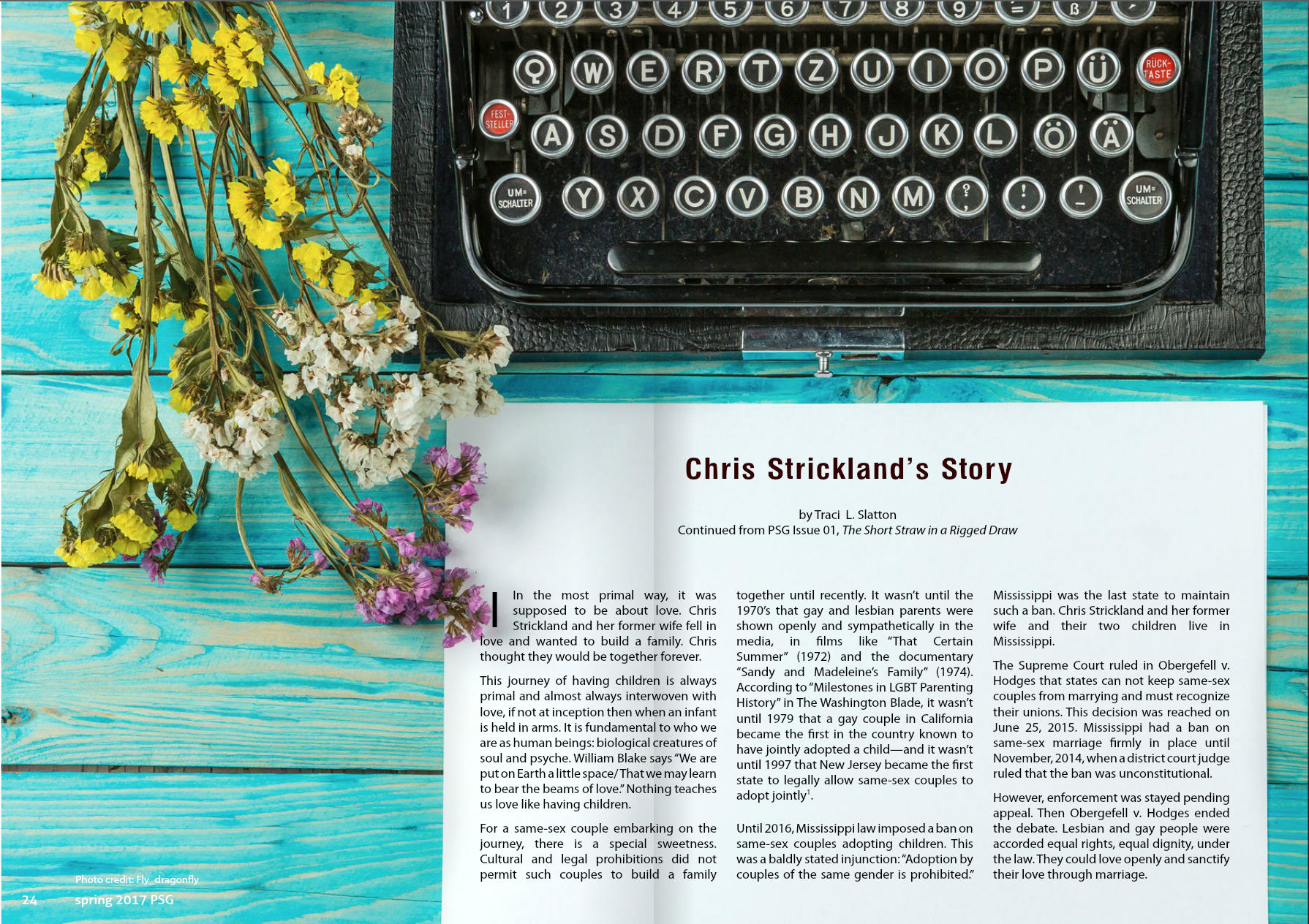Yoga Teacher Training
A few months ago, a long time friend came for dinner. She’s an American living elsewhere. She’s brilliant and amazing and full of knowledge, an expert in her field.
But she has forgotten how to listen.
She talked over my husband and me and couldn’t hear any of our ideas or opinions. Now, this lovely lady is a wonderful person in a thousand ways. She’s a repository of information about the fascinating field of the esoteric, because she has studied metaphysics for decades. Her whole life, really. But there was this thing missing from the way she related to us and it was receptiveness. Her vast knowledge has become a bulwark through which no one else’s thoughts and experiences could penetrate.
That dinner made a big impression on me. I don’t want to be like that: ossified behind my own learning. I want to be open and flexible and receptive. I want to hear other modes of thought, other people, even when I have education and experience that contradicts what they think. Even when it’s hard to listen, which it can be, because I’m an opinionated person with a great deal of education.
I thought of this dinner when I signed up for Yoga Teacher Training at Three Sisters Yoga; as the body goes, so goes the mind. A flexible, open body will yield a flexible, open mind. I was also thinking of the next three decades of my life. I don’t want to teach yoga but I do want to invest in the training to nourish my body and to create flexibility, strength, and stamina for the next thirty years.
The program at Three Sisters Yoga is meticulously thought out and the teachers are terrific: warm, engaged, present. But already I have encountered opposition to my own internalized systems of thought. Because Yoga considers itself a Science, and I studied and used a different system that also considers itself a science. I studied Healing Science for 4 years at the Barbara Brennan School of Healing (BBSH). I had a practice as a healer and saw clients for a decade.
The BBSH was a pivotal, seminal experience for me. It is integral to who I am as a human being and to my writing. Most of my characters are healers in one way or another.
This thing about wholeness haunts me.
I seldom speak of the BBSH now. When I was at the school and for years after I graduated, I went around talking about it a lot. It was amazing: there existed other people like me who were attuned to the subtle worlds! Who perceived the subtle worlds! I was newly out of the closet as an energy sensitive and exulting in the liberation.
But I got tired of head-blind non-healers projecting weirdness onto me–as if it isn’t our birthright as souls taking on flesh to see, hear, feel those other, primary realms.
Also, there’s a lot of acting out at the school. The BBSH doesn’t always act in integrity. Graduates and teachers of the BBSH don’t always act in integrity. It was upsetting to me that when someone questioned the school, the school’s response was to squash that person and to decree, “You’re in resistance.” Translation: you’re bad.
There was a point at which almost all of the teachers with open hearts were either fired or chased out of the school. I did not respect that.
The founder of the school Barbara Brennan sued people over her healing techniques, an action which lacked integrity. In the field of science, scientists throughout history have built upon one another–that’s what leads to progress, to the slow and meticulous accumulation of scientific knowledge. Newton didn’t try to own gravity. But Barbara wanted to own her healing techniques, some of which had been developed by other people. She had a paranoid streak which she never owned but which was clearly visible to anyone not submerged in the cult of her personality.
Nor has the BBSH been open and honest about what’s going on now with Barbara: she’s institutionalized with Alzheimer’s. Students and graduates deserve to know this. Barbara Brennan isn’t just a private figure; she’s also a public figure. She put herself on the world stage with schools in Europe and Japan. She has forfeited some of her right to secrecy.
I had a lot of problems with the conduct of Barbara and the BBSH. Nonetheless, I remain grateful to both. Barbara’s vision was extraordinary, both her high sense perception and her larger sense of the possibilities for healing techniques in the world. The BBSH was a left brain mystery school. It was a gift and a blessing for someone like me, who has a good working intellect as well as access to the subtle realms.
Barbara herself was extraordinary as a human being. Before enrolling in the school, I attended a lecture she gave. I walked up to her to have her sign my program, and as I approached her, my energy bumped up. She had that affect on me. She smiled at me and her eyes got dreamy as she gazed at me. She wrote, “Traci, Keep letting out your love, beauty, and sweetness.”
In my sophomore year at her school, Barbara read my field in front of the class. She said, “One day everyone will know that you have a secret, private inner world full of butterflies.”
As someone who has spent a lifetime with a secret, private inner world full of butterflies, I was shaken, startled, and freed to have her see me and validate me.
I owe Barbara a debt of gratitude. Also, I used BBSH healing techniques effectively in my practice.
This circles back to Yoga Teacher Training and my desire to remain open and flexible because already some of the Yoga precepts that are taken as “true science” butt up against my training and experience as a healer.
Can I stay open and flexible and allow divergent schools of thought to live in me simultaneously? It will be a challenge. Of course, it’s only fun if it’s a challenge–and I love to have fun.

